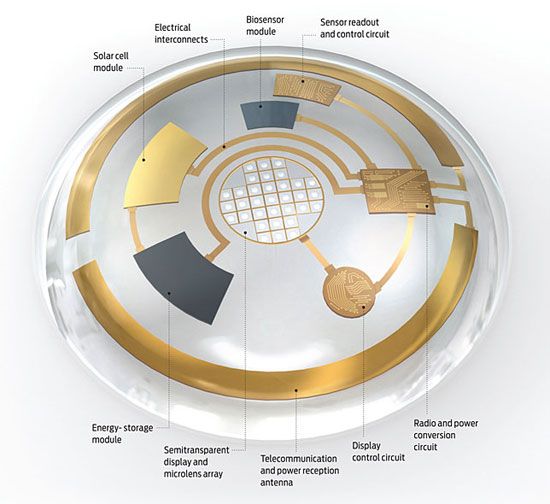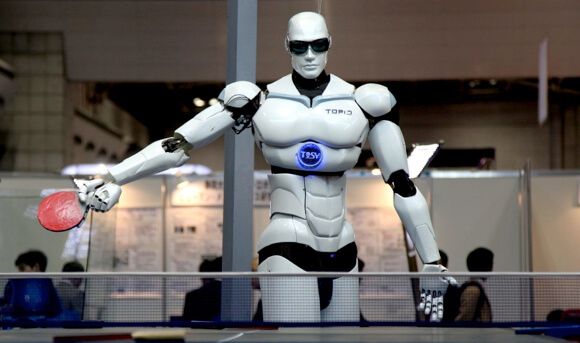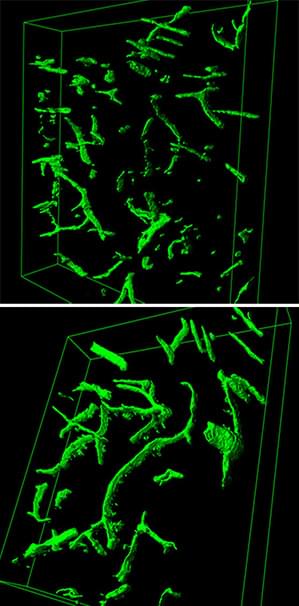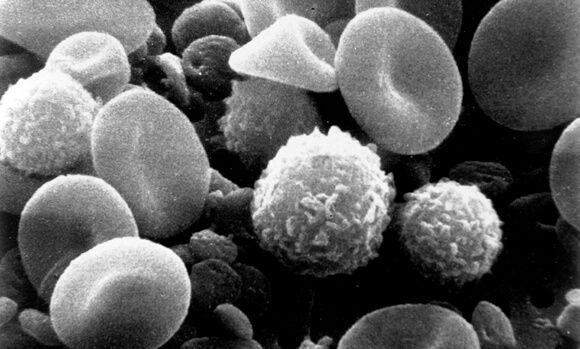Aug 2, 2014
This Floating Platform Could Filter the Plastic from our Polluted Oceans
Posted by Seb in categories: engineering, water
ArchDaily

“Plastic is an extremely durable material, taking 500 years to biodegrade, yet it’s designed to be used for an average of 5 minutes, and so it’s thrown away. Few know where this mass of junk will end up … in the oceans, killing and silently destroying everything, even us.”
Cristian Ehrmantraut has developed a prototype for a floating platform that filters the ocean and absorbs plastic. Located 4 km from the coast of Easter Island, close to the center of the mega-vortex of plastic located in the South Pacific, the tetrahedral platform performs a kind of dialysis, allowing the natural environment to be recovered as well as energy and food to be produced.















